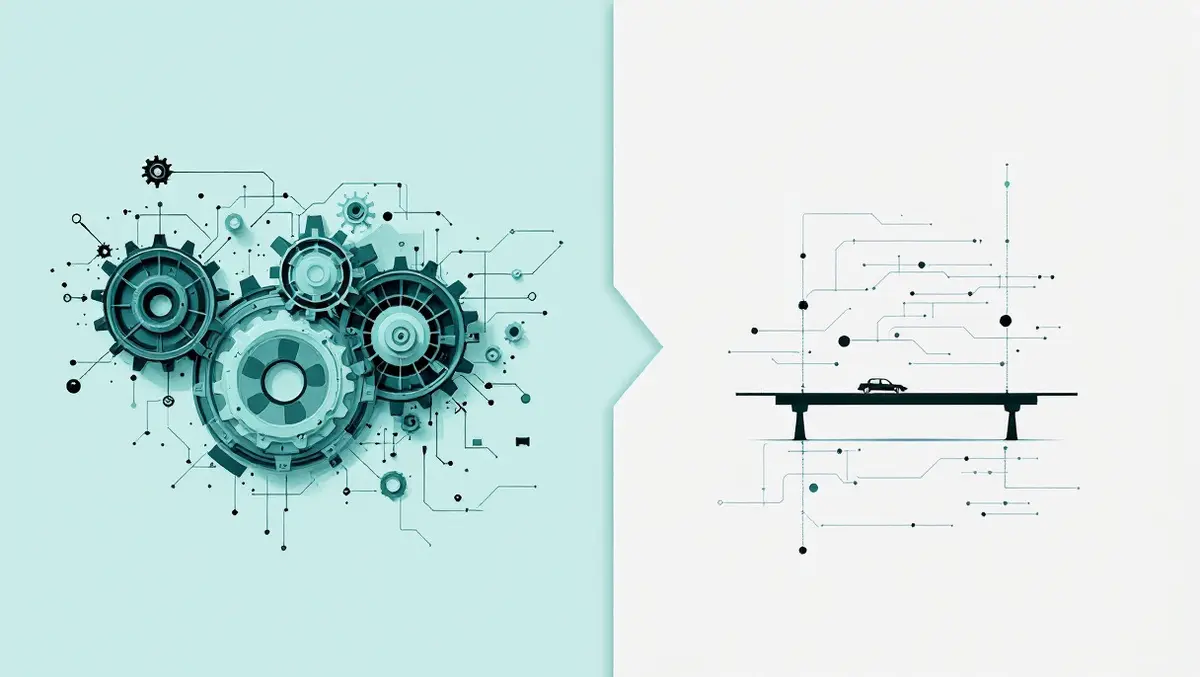It's never been easier to build a generative AI (GenAI) application. Today's developer tools, open-source frameworks and pre-trained models mean anyone can spin up a proof of concept in days. But taking that proof of concept and making it reliable, scalable and compliant enough to put into production? That's the real challenge.
For Australian businesses and start-ups building in the GenAI space, grounding large language models (LLMs) in verifiable data is becoming the key to closing this gap.
At DataStax, we've seen a recurring problem: many early-stage GenAI projects stall when it comes time to productionise. These applications often produce plausible but inaccurate results – a phenomenon commonly known as hallucination. While hallucinations might be tolerable in a lab, they're unacceptable in the real world where accuracy, compliance and trust are non-negotiable.
Grounding is the process of aligning an LLM's outputs with factual, contextual and domain-specific data. Rather than relying solely on public training datasets, which may be outdated or irrelevant, grounding ensures that the model's responses can be verified against a company's internal knowledge base. This is essential when GenAI is being used in critical areas like customer service, healthcare, finance or law – any domain where mistakes come at a cost.
In practical terms, grounding starts with a ground truth dataset – a curated collection of inputs and validated outputs that represent the "gold standard" for your application. This dataset serves as both a benchmark to evaluate your model's responses and a foundation for continuous improvement. It's the only reliable way to know whether your model is producing accurate, relevant and compliant information.
Traditionally, creating this kind of dataset meant long hours from subject matter experts manually labelling inputs and verifying outputs. This doesn't scale well – especially for start-ups juggling rapid growth and limited resources. Some teams turn to crowdsourcing to accelerate the process, but that can introduce quality issues if the contributors lack domain knowledge.
That's why automated approaches are now gaining traction. By using LLMs themselves to help generate and validate ground truth data – under human supervision – developers can dramatically reduce the time and cost required to build robust datasets. These methods also enable regular updates to the dataset, ensuring that applications evolve with changing regulations, product information and customer expectations.
A grounded GenAI application is more than just a cool demo – it's one that organisations can trust. It performs reliably across edge cases, respects business rules and regulatory requirements, and provides responses that reflect the specific needs and language of the enterprise. This builds user trust, reduces operational risk, and opens the door for AI to take on more meaningful roles in business-critical workflows.
Australian start-ups don't need to wait for these kinds of mistakes to learn the lesson. Ground truth is no longer optional – it's foundational. And with the right tools and processes, it's well within reach.
DataStax's Hilton Rosenfeld, Data Architect and Krishnan Narayana Swamy, Principal Solution Engineer hosting a Mastering Agentic AI Workshop in Sydney on 7 May and Melbourne on 8 May.
You'll learn how to:
- Implement RAG for precise FAQ handling.
- Build multi-agent systems to manage complex queries.
- Query customer orders and retrieve real-time product info using Astra DB.
- Deploy your own AI-powered support chatbot with a Streamlit front end.
This free workshop is tailored for professionals and GenAI enthusiasts who want to build scalable AI applications that actually work in production. Bring your laptop and discover how to build a real-world customer support assistant using retrieval-augmented generation (RAG), Langflow, and Astra DB.
Seats are limited, so reserve your spot and level up your GenAI capabilities.
About DataStax
DataStax is the company that helps developers and companies successfully create a bold new world through GenAI. We offer a one-stop generative AI stack with everything needed for a faster, easier, path to production for relevant and responsive GenAI applications. DataStax delivers a RAG-first developer experience, with first-class integrations into leading AI ecosystem partners, so we work with developers' existing stacks of choice. With DataStax, anyone can quickly build smart, high-growth AI applications at unlimited scale, on any cloud. Hundreds of the world's leading enterprises, including Audi, Bud Financial, Capital One, Skypoint, and many more rely on DataStax.


